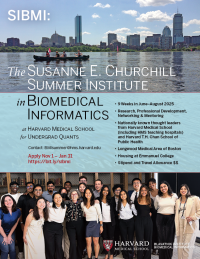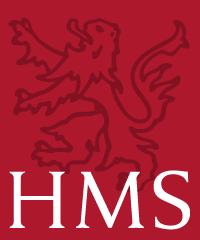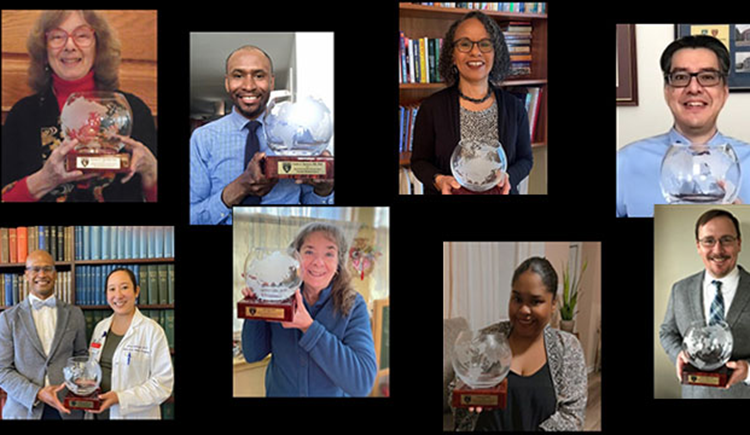At a Glance
The Dr. Susanne E. Churchill Summer Institute in Biomedical Informatics (SIBMI), which is entering its 22nd year, is for undergraduates with quantitative interests and skills who aspire to contribute to translational advances in biomedicine with a future PhD or research-oriented MD.

Features of the program include:
- Nine weeks long: June 8 – August 7, 2026
- Applications accepted November 1 – January 31
- Based in the Department of Biomedical Informatics (DBMI) at Harvard Medical School (HMS)
- Located in the Longwood Medical Area of Boston
- Curriculum includes didactic lectures and clinical case studies
- Mentored research projects and presentation of findings
- Carefully matched faculty mentors from DBMI
- Academic and career guidance
- Peer networks for group learning and social events
- Opportunities to meet program alumni and top bioinformatics researchers in industry and academia
- Housing provided in apartment-style residence halls walking distance to campus
- Summer stipend (approximately $4500)
- Travel allowance (up to $300)
- Rolling admissions; if necessary, application review will be expedited
- Contact: BMIsummer@hms.harvard.edu
Background
In the decades ahead, the pace of biomedical discovery will continue to accelerate. The state of an individual will be characterized with increasing precision from the molecular level to genomic parameters to the organ level and for interactions with medications, nutrients, the microbiome, therapeutic devices, and the environment. The size and complexity of high-dimensional characterization of patients will lead to far more complex diagnostic and prognostic categories than are currently in use. The multivariate descriptors of large populations will allow stratification of kinds only seen in the most recent genomically-informed clinical trials. Complex, but empirically validated, algorithms will be embedded in electronic health record systems as decision support tools to assist in everyday patient care. Those management algorithms will evolve and be modified continuously based on inputs from ongoing clinical experience and from new research. Whether developing basic computational methods, modeling molecular mechanisms, or engineering new clinical applications, students with a quantitative orientation and love of data analytics will be the future engineers of innovation in biomedicine.
If you are an undergraduate with a strong quantitative background and interested in innovation and methodological rigor in your approach to scientific inquiry in biomedicine or in the translation of computational methods to engineering/software applications in medicine, this is the summer program for you.
Please note that this is not a program for students seeking a summer research experience in order to enhance your competitiveness for entry to medical school.
History
The Summer Institute was initially supported (2004-2014) by the NIH-funded i2b2 National Center for Biomedical Computing (NCBC) and then by NIH-funded BD2K (Big Data to Knowledge) program (2015-2020). The program is now fully based at the HMS Department of Biomedical Informatics (DBMI). It was previously also known as the Summer Scholars in Bioinformatics and Integrative Genomics (Summer BIG) and the Harvard–MIT/HST Summer Bioinformatics Program.
DBMI gratefully acknowledges the role its partners at the Harvard–MIT Program in Health Sciences and Technology played in sustaining this successful program for its first 13 years.
In 2024, its 20-year anniversary, the program was named the Dr. Susanne E. Churchill Summer Institute in Biomedical Informatics to honor the leadership and far-reaching legacy of Dr. Churchill.





